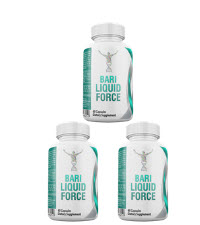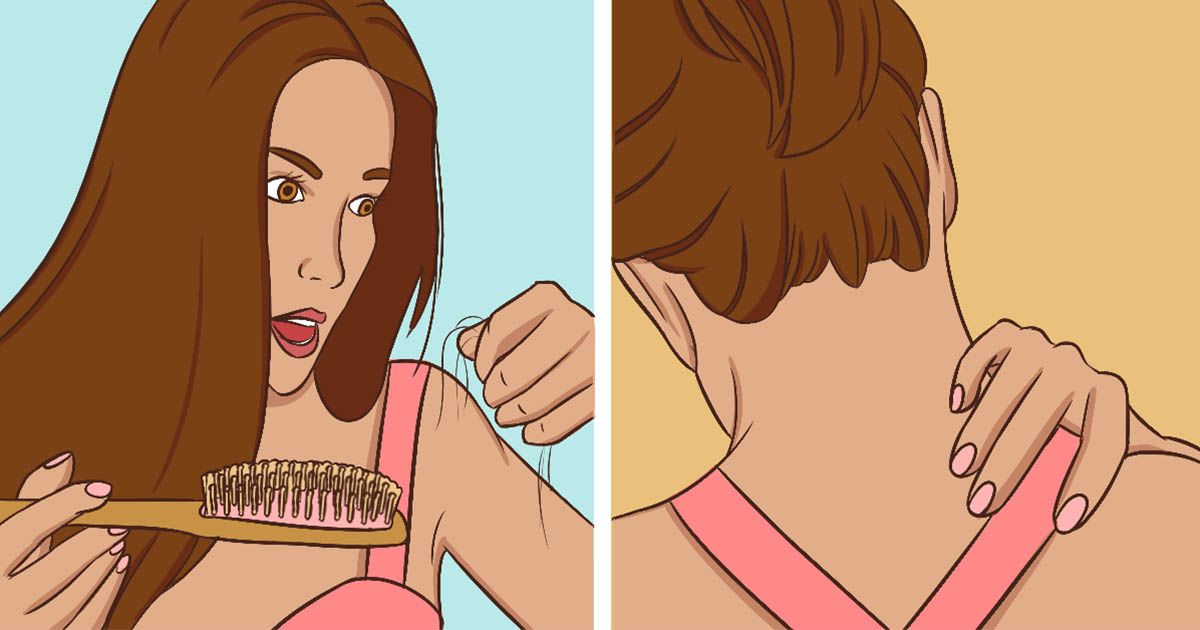
Requirements For Stomach Sleeve Surgery
Stomach sleeve surgical treatment (typically described as sleeve gastrectomy) is among the most effective weight reduction surgical treatments for people struggling with extreme obesity. The procedure decreases stomach size to assist you soak up food less quickly and feel complete faster, supplying effective weight loss outcomes.
Prior to undergoing this operation, specific criteria should be satisfied in terms of being physically and mentally prepared to make necessary lifestyle changes after surgical treatment.
Credentials For A Stomach Sleeve
If you are obese or overweight, your medical professional might suggest gastric sleeve surgery to aid with weight-loss by restricting just how much food can be eaten at when. It can likewise assist those experiencing health concerns associated with obesity such as high blood pressure or heart disease.
Laparoscopic surgeries utilize small incisions for these treatments, using small cameras and long, narrow tools to access the stomach through small incisions and create a sleeve of stomach skin.
Your doctor administers general anesthesia so you are totally asleep for the treatment. Following surgery, medical staff monitor your condition in a healing room.
After having a sleeve gastrectomy, clients can anticipate to lose 50 to 90 pounds within 12 months by adhering to a strict diet plan that includes removing fatty foods, carbonated beverages, red meat and processed food from your diet as well as eating smaller sized portions and taking bariatric vitamins and supplements.
For gastric sleeve treatments to be effective, clients must be suffering from extreme obesity (Class III). Your doctor will consider your BMI and any medical conditions to decide if you qualify.
If your physician recommends stomach sleeve surgery, insurance can generally help cover its expense. Your provider may have eligibility criteria; so make sure to ask.
To be eligible for a sleeve gastrectomy, your body mass index (BMI) should be 40 or greater or 35 kg/m2, plus at least one condition related to weight problems such as type 2 diabetes or high cholesterol. You'll have to dedicate to an extensive clinically supervised weight loss program for at least 3-7 successive months prior to surgical treatment can take place.

Requirements For A Gastric Bypass
Stomach bypass surgery is a surgical method created to assist people lose weight more effectively. This treatment is frequently made use of as a type of treatment for overweight people who have actually stopped working to shed pounds through diet and exercise alone, or those experiencing chronic illness like diabetes, high blood pressure or heart disease.
Your cosmetic surgeon will produce a little stomach pouch by either stapling part of your stomach together or vertical banding, to limit just how much food can be eaten at one time.
Your cosmetic surgeon will then reroute the rest of your digestive system, so that less calories enter your system and contribute to weight-loss and sustained weight management. This must assist you shed additional pounds without returning once again later on.
Your surgeon will use staples to form a new stomach pouch in the upper part of your stomach. Your small intestine will then be reconfigured so it gets in touch with this new pouch.
Reduce how much food enters your body simultaneously and feel complete quicker after each meal, and stop your stomach from producing excess acids and enzymes, which could otherwise cause nausea and even trigger you to pass out.
Your doctor will likewise sew the end of your intestine into the new stomach pouch so you can consume smaller sized portions at one time. They may recommend a liquid diet initially prior to advancing to strong foods.
After your surgical treatment, you need to plan to invest a minimum of a number of days in health center. A breathing tube ought to be in your trachea (windpipe), supplying oxygen and anesthetic gas throughout your surgical treatment. Once total, you will be free to return house when prepared.
Long Term Diet After Gastric Sleeve Surgical Treatment
Going through gastric sleeve surgical treatment can be reliable at assisting you shed additional pounds, but needs making long-lasting modifications to your diet. You must eat smaller sized meals throughout the day while adhering to an regimented plan designed to guarantee you receive all of the vital vitamins and nutrients.
Your stomach has actually diminished substantially - roughly the size of an egg - making it essential to take some time and chew carefully while eating to facilitate easier digestion of food and reduce risk for pain and nausea.
Start by renewing your body with clear fluids such as water, water down squash, natural and fruit tea (consisting of fruit-flavored), and watered down juices consisting of electrolytes in order to stay hydrated and avoid dehydration.
Gradually include healthy liquids such as skimmed milk, smooth soups, Marmite and Bovril beverages, fruit juices and meal replacement drink mixes into your diet plan. Be careful of sugary drinks, carbonated drinks and high fat options like cheese and chocolate which could pose risks.
As soon as your stomach has adapted to the new texture of liquids, you can slowly present strong foods with a pureed consistency. This stage generally lasts around 2 weeks and involves consuming four to 6 small pureed meals every day.
At this stage, it is recommended to consume 2 to 2.5 litres of fluid each day in order to remain hydrated and avoid dehydration.

After surgical treatment, it is smart to take long-lasting multivitamin and mineral supplements; your surgeon needs to advise taking such products.
As part of your post-op diet plan, consider consisting of foods like minced or wafer thin meats, fish, cauliflower cheese, cottage cheese, canned or soft fruit, prepared veggies and rice or pasta in at least three well-balanced meals daily to maintain energy levels and nutritional intake. It's essential that a minimum of three healthy meals be taken every day for maximum energy intake and to prevent energy drain.
Issues With Gastric Bypass
Roux-en-Y stomach coronary bypass is a surgical process designed to modify how your stomach and small intestine absorb food, so that you consume fewer calories while feeling pleased faster.
Diet and workout alone have not helped you shed undesirable weight; surgery could likewise be required if there are serious health complications due to obesity.
Gastric bypass can come with issues that consist of infection, embolism, breathing issues and leaks in your gastrointestinal system (intestinal tracts). Some issues are more serious than others.
Peritonitis is among the most severe problems following gastric coronary bypass and ought to never be left neglected. This condition happens when inflammation strikes your peritoneum (the smooth membrane that lines your abdominal cavity), leading to infection of its smooth membrane that lines your abdominal area cavity.
" Dumping syndrome," or food discarding, happens when solid parts of food enter your small intestine instead of being absorbed and can be extremely unpleasant - in some cases leading to ceasing consuming altogether or requiring healthcare facility care.
Dumping Syndrome symptoms normally include stomach pain, diarrhea and cramps that can typically be dealt with through diet changes or medication.
gastroesophageal reflux disease, commonly referred to as heartburn, is another adverse effects of stomach coronary bypass that frequently occurs. There has been much conversation over whether this condition intensifies after weight reduction surgery but approximately 47% of patients report experiencing heartburn after this weight decrease treatment.
Deep Vein Apoplexy and Pulmonary Embolus, two potentially life-threatening problems of bariatric surgical treatment, happen in roughly 2% of patients however they are seldom fatal. Their risk increases in patients who are overweight in addition to have had prior venous thrombosis episodes.
Cons To Stomach Sleeve
Stomach sleeve surgery is one of the most effective and widely embraced bariatric surgical treatments available, assisting countless individuals shed extra weight for many years. While safe and reliable weight reduction surgical treatments exist, such as stomach bypass and gastric sleeve procedures have some drawbacks that ought to be carefully thought about prior to making your decision on whether this treatment is right for you or not.
Stomach sleeve surgical treatment can not be undone once finished; its impacts can not be reversed once cut and stapled into an anorexic tube shape called a sleeve. For that reason, patients undergoing gastric sleeve should prepare to make substantial lifestyle adjustments and follow all dietary suggestions for life after undergoing this type of surgical treatment.
Another issue connected with gastric sleeve surgical treatment is reflux (in which acid from the stomach moves upward into the esophagus), even after weight loss. Reflux can generally be dealt with utilizing medication, nevertheless some sleeve patients may require bypass surgery to manage symptoms efficiently.
Some clients can develop disposing syndrome, in which food passes too rapidly through the digestive system and leads to diarrhea or throwing up. Less typical than many might fear, this condition generally solves itself with medication or diet plan changes.
Gastric Sleeve operations must not be carried out within 18 months after preparing to conceive, due to weight problems's threat for uterine cancer and preeclampsia which put both mother and unborn baby at risk of complications during pregnancy.
A sleeve gastrectomy can assist in managing obesity-related lipid disorders, consisting of high cholesterol, triglyceride levels and fatty liver illness. The treatment works by decreasing fats and lipids kept within your body - thus helping manage these conditions.
No, bariatric doctors cater to a variety of patients with weight management needs. While they can recommend and perform weight loss surgeries, they also provide non-surgical treatment options, such as lifestyle modifications, nutritional guidance, and medication management.
A consultation with a qualified bariatric doctor can help determine if you are a suitable candidate for treatment. They will assess your medical history, weight, lifestyle, and overall health to provide the most appropriate recommendations for your individual needs.